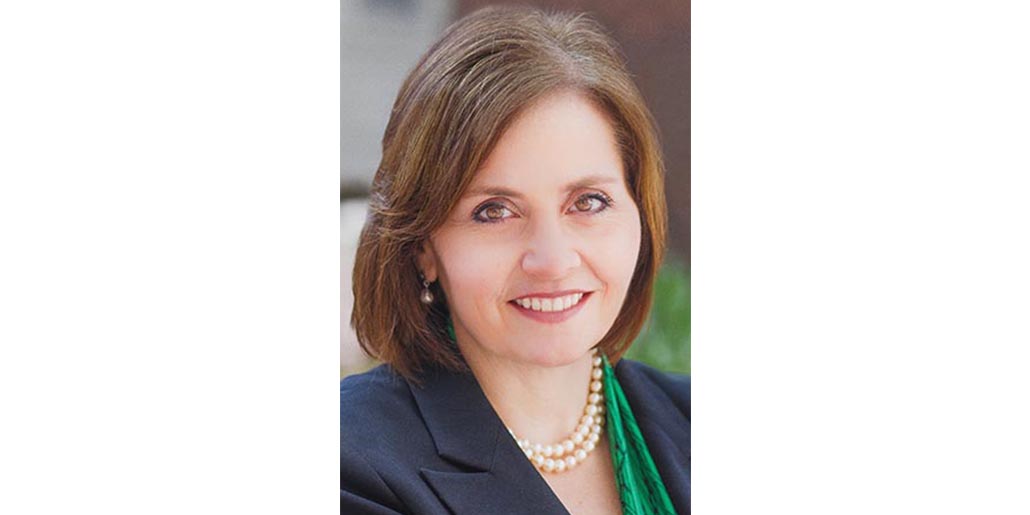Why We Care About Physician Payment
Why should patients care about how physicians are paid?
Because the way we as a country, and Medicare as the largest payer, compensate physicians directly affects the care patients receive. Our current system is not sustainable for physicians, patients, or taxpayers.
The manner in which Medicare currently reimburses for cancer care is unsatisfactory to all, as it fails to pay adequately for physician services necessary for quality care, forces cancer care providers to rely on drug payments to support their time spent caring for patients, and rewards the volume of services instead of the quality of care. We are pleased that there is broad-based agreement to reform the current system.
NCCS developed a set of “Principles for Health Care Payment Reform to Improve Cancer Care Quality”. The principles articulate NCCS’ position on what should be included in payment reform proposals and alternative payment models to be considered truly patient-centered. We will use these principles as a basis for evaluating and commenting on proposals for payment reform, and for representing the patient perspective in payment reform working groups.
Recently, we submitted comments to the Center for Medicare and Medicaid Innovation (CMMI) on its efforts to explore models for reforming cancer care payment. In our comments, we expand on our principles and recommend the blending of features of the patient-centered oncology medical home, which triggers the standardization of processes of care, and bundled payments. In addition, NCCS joined colleagues in the Cancer Leadership Council in submitting a letter to CMMI.
NCCS believes that public payers, patients, and cancer care professionals must build on the consensus for change in cancer care reimbursement to do more than rationalize medical oncology payments.
For many years, NCCS has advocated the establishment of a Medicare fee-for-service code that would reimburse for a cancer care planning service, including a discussion between patient and cancer care professional regarding the intent of treatment, treatment choices, and symptom management strategies. We have envisioned this service as a means of fostering patient-centered care and as an initial but important step toward coordination of care. The patient-centered oncology medical home embraces care planning and standardizes processes of care necessary to implement and honor a care plan developed through a shared decision-making process. The patient-centered oncology medical home model can also define an episode of cancer care or a cancer care bundle that includes comprehensive and multi-disciplinary care.
In our comments, we strongly recommend that serious attention be directed to patient cost-sharing as part of the effort to reform payment for cancer care. The responsibility of patients related to cost-sharing should not unreasonably affect their decisions about care and should not cause them to choose options that might be less effective, that might have more significant side effects, or may be significantly less convenient simply because they are less expensive for the patient.
NCCS believes that public payers, patients, and cancer care professionals must build on the consensus for change in cancer care reimbursement to do more than rationalize medical oncology payments. Simply recalibrating fee-for-service payments into a bundle or episode of care payment without creating incentives for quality improvement is not adequate and does not guarantee patients a system that is centered on their cancer care needs.
As patients and patient advocates, we have a voice in discussions about Medicare payment and the way health care is reimbursed. We must stand up for reforms that will improve the quality of care patients receive, including incentives for actively involving patients in decision-making and improving coordination of care.
We will continue to be actively engaged on this issue, and we look forward to meeting with representatives from CMS and CMMI later this month to discuss our comments in further detail.
Post by Shelley Fuld Nasso, NCCS CEO




